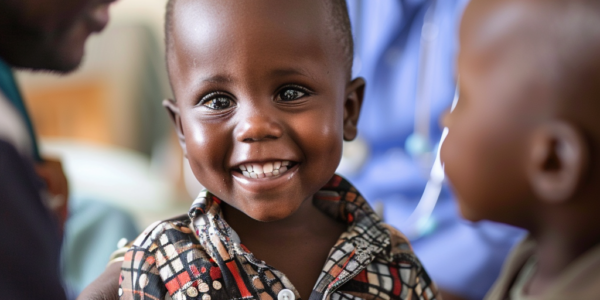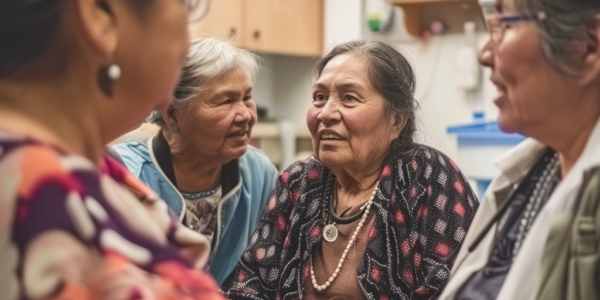Walmart Pharmacies to Host Wellness Day Event Offering Health Services
Local Walmart pharmacies are hosting a wellness day event this weekend, providing free health screenings for glucose, cholesterol, BMI, and blood pressure, along with immunizations for COVID-19, RSV, tetanus, hepatitis, and HPV. The event will also feature wellness resources and pharmacists for consultation, aiming to promote community health and well-being by offering convenient access to important healthcare services.
Labcorp Introduces Groundbreaking First-Trimester Screening Test for Preeclampsia Risk Assessment
Learn about Labcorp’s groundbreaking first-trimester screening test for preeclampsia, a serious high blood pressure disorder that affects many pregnancies in the United States. This innovative test utilizes early pregnancy biomarkers to predict the development of preeclampsia before 34 weeks of pregnancy, offering up to 90% sensitivity in risk assessment. Find out how Labcorp’s new screening test complements existing FDA-cleared tests and aims to enhance maternal and fetal health outcomes through early risk identification and management.
Routine Syphilis Screening Program Reduces Congenital Cases
Learn about the groundbreaking syphilis screening program highlighted at the 2024 CROI conference, which led to a significant increase in pregnant individuals screened for syphilis and a 750% increase in diagnosed cases. The program underscores the importance of routine screening in preventing congenital syphilis and offers valuable insights for integrating syphilis screening into standard emergency department practices.
CDC Report: Low-Income, Socially Isolated, and Uninsured Women Less Likely to Get Mammograms
Low-income, socially isolated, and uninsured women in the US are less likely to be up-to-date on mammograms, according to a recent report from the CDC. The study emphasizes the importance of addressing women’s social needs to increase mammogram rates, especially for those facing multiple social deprivations. Surprisingly, the research found that Black women reported higher overall mammogram rates, contrary to expectations.
Addressing the High Risk of Stroke in Children with Sickle Cell Disease in Sub-Saharan Africa
Sickle cell disease is a prevalent health issue in sub-Saharan Africa, where resources for treatment and screening are scarce. Without proper screening and treatment, the mortality rate for young children is alarmingly high. The lack of resources for screening in sub-Saharan Africa highlights the urgent need for affordable stroke-risk screening to save the lives of children with sickle cell disease.
Seattle’s Recent Developments and Challenges
Seattle is facing a lack of police alternatives, but the city’s preschool program is set to undergo a $3.5 million expansion. Parking rate changes have been implemented, and a fatal pileup in Renton has cast a shadow over the city. Researchers at Fred Hutchinson have developed a blood test for colorectal cancer, and the popular Cutie Fest is seeking a new location. As the city transitions into the spring season, the unseasonably warm and sunny weather is expected to give way to clouds and gray skies.
Alaska Native Population Faces High Rates of Colorectal Cancer
Learn about the efforts of the Alaska Native Tribal Health Consortium (ANTHC) to address the high rates of colorectal cancer in the Alaska Native population. Research has revealed elevated levels of harmful gut bacteria in Alaska Native individuals compared to Africans, prompting ANTHC to recommend earlier colonoscopies to mitigate the heightened risk.







